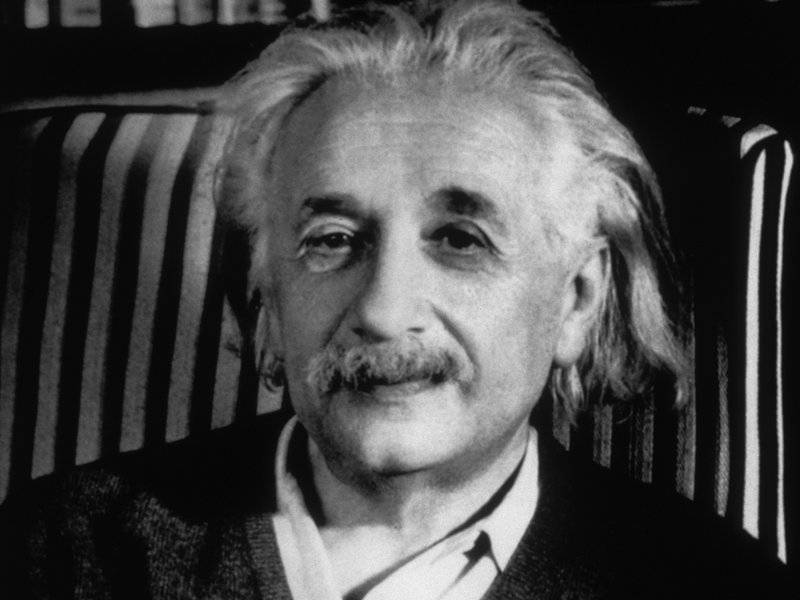Slipher was the first to notice this effect with light and to realize its potential importance for understanding the motions of the cosmos. Unfortunately no one much noticed him. The Lowell Observatory, as you will recall, was a bit of an oddity thanks to Percival Lowell’s obsession with Martian canals, which in the 1910s made it, in every sense, an outpost of astronomical endeavor. Slipher was unaware of Einstein’s theory of relativity, and the world was equally unaware of Slipher. So his finding had no impact.

Glory instead would pass to a large mass of ego named Edwin Hubble. Hubble was born in 1889, ten years after Einstein, in a small Missouri town on the edge of the Ozarks and grew up there and in Wheaton, Illinois, a suburb of Chicago. His father was a successful insurance executive, so life was always comfortable, and Edwin enjoyed a wealth of physical endowments, too. He was a strong and gifted athlete, charming, smart, and immensely good-looking—"handsome almost to a fault," in the description of William H. Cropper, "an Adonis" in the words of another admirer. According to his own accounts, he also managed to fit into his life more or less constant acts of valor—rescuing drowning swimmers, leading frightened men to safety across the battlefields of France, embarrassing world-champion boxers with knockdown punches in exhibition bouts. It all seemed too good to be true. It was. For all his gifts, Hubble was also an inveterate liar.











